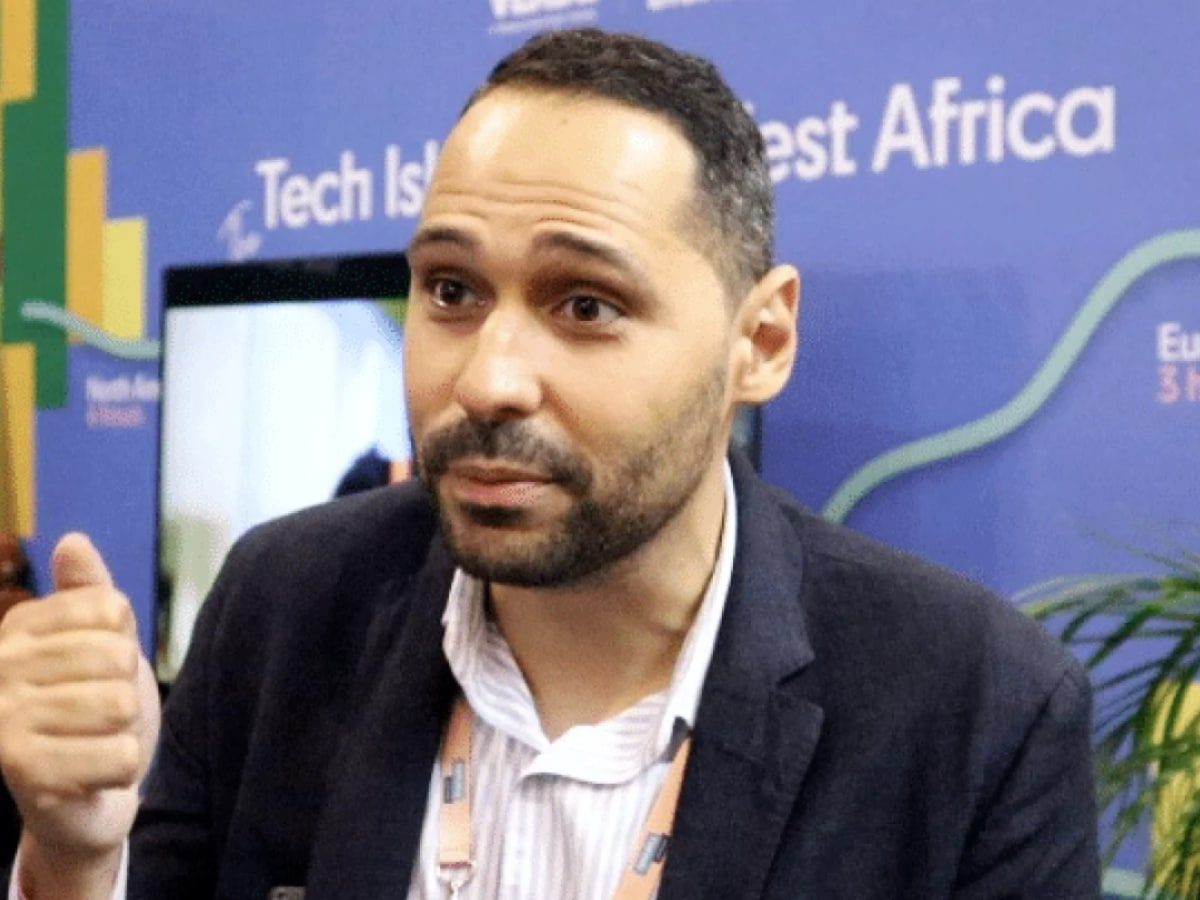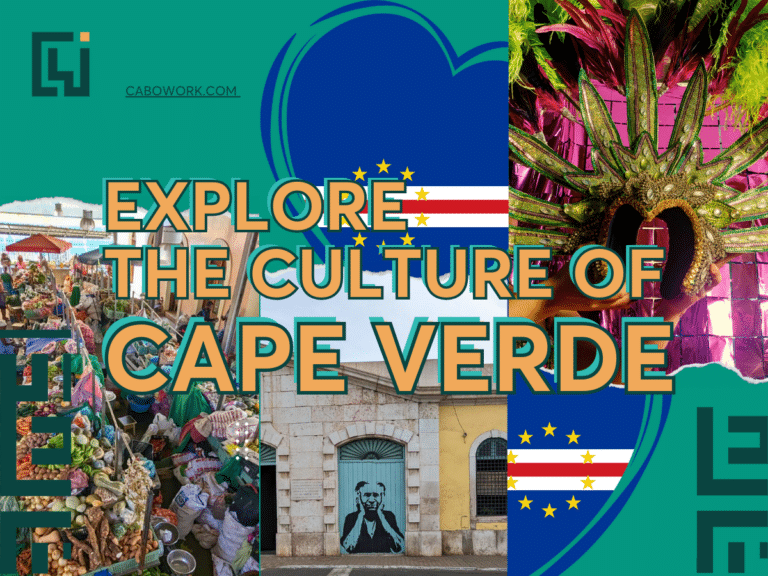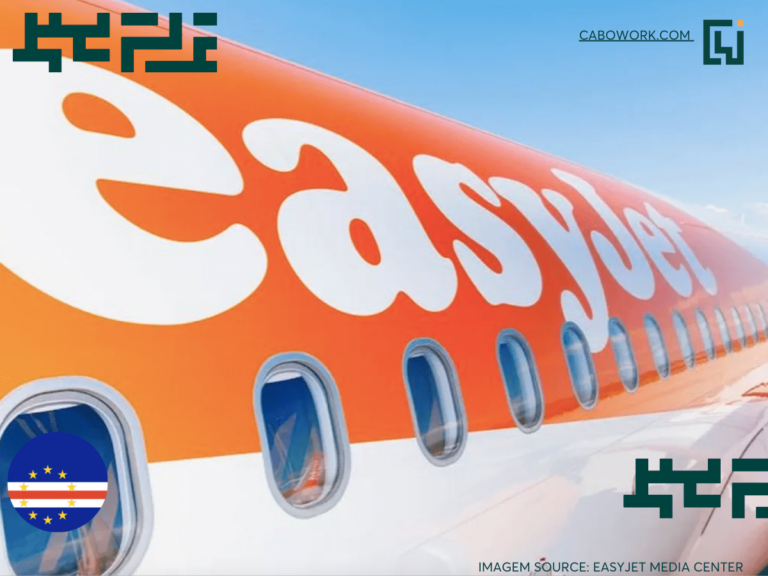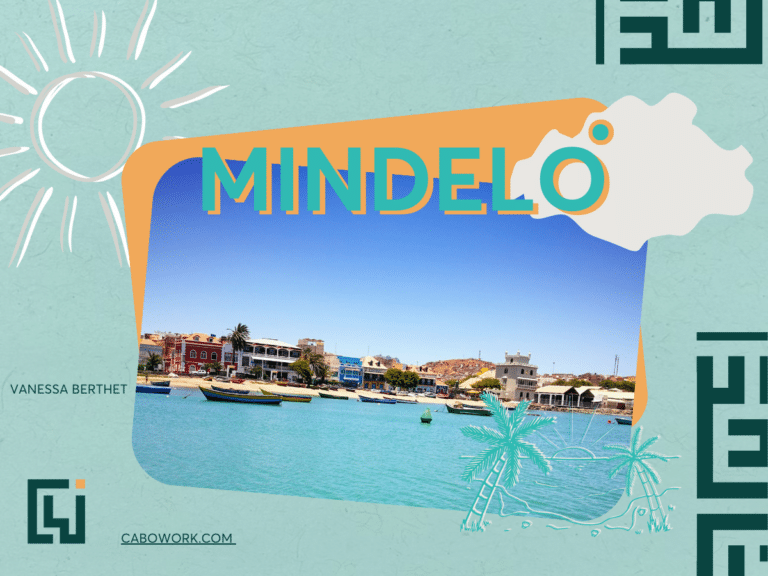The Cape Verde Islands and the biggest African delegation at Web Summit 2023
CaboWork: What does it mean, for you and for the Cape Verdean Representation, to come on as a speaker for two panels and a press conference? And to be the only African country with a stand at this grand tech event?
Pedro Lopes: First of all, I want to say congratulations to CaboWork and the work that you guys are doing to promote Cabo Verde, which is fantastic. Well, responding to your questions, I think it’s a recognition of what Cabo Verde in terms of everything that is related to technology and innovation. So we are here, positioning ourselves as the tech islands of West Africa. We’ve brought 10 startups, plus the startups of the diaspora that are joining us, plus all the partners of the public and private sectors. So we came with a big delegation, 50 people.
“We are super proud to be here as the only African country with a country stand and with the biggest African delegation of the Web Summit. For us, it’s a pleasure.”
CaboWork: Congratulations on the good work! What do these startups have? What makes them special? We see that they come from different islands, such as Santiago and São Vicente, and from different fields. Why were they chosen to be here?
Pedro Lopes: Well, they were selected because they are innovative. They have plenty of new ideas to respond to the challenges of the web. So, regarding our tourism sector and our health sector, we are trying to have Cape Verdean startups provide solutions to our challenges.
And we believe that young people can provide such innovative solutions to our challenges. I think these startups are special because they are composed of bright young women and men that are from the different islands of Cabo Verde. We are giving them an opportunity because we are investing in them. We believe they are the present and future of our country. Furthermore, we want to diversify our economy with digital, so we are presenting them with this opportunity.
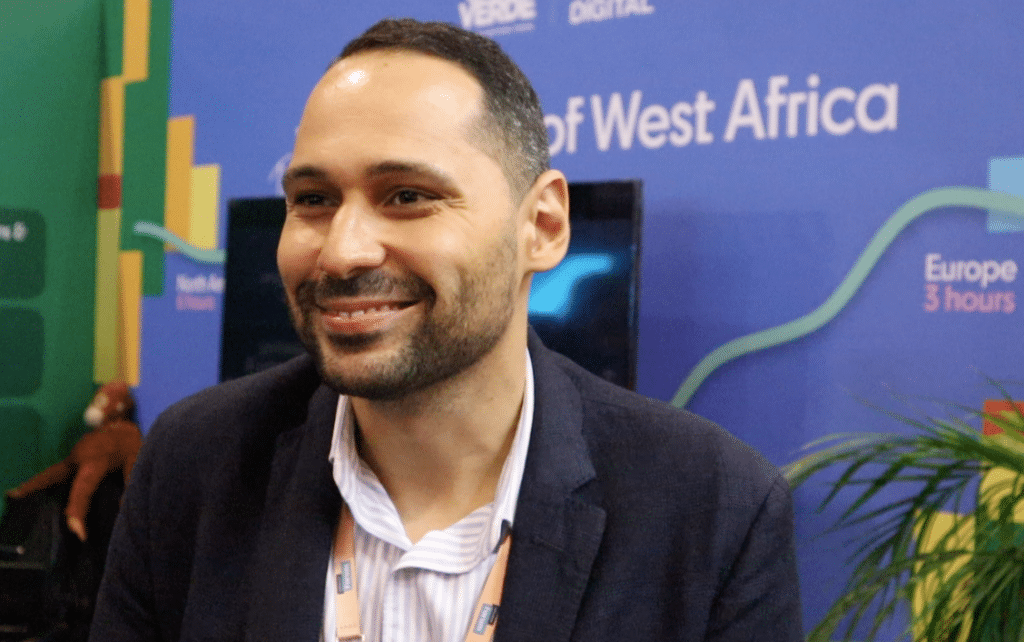
Read about the startups that represented Cabo Verde at the 2022 edition of Web Summit!
CaboWork: According to the Cabo Verde Digital page, the 4th Web Summit participation is being celebrated in fashion with the launch of SiKaBaDu (SKBD) Summit at the Lisbon Geographic Society. The goal is to cement the Cape Verdean archipelago as the Tech Islands of West Africa (TIWA) . How long has this project been in the making?
Pedro Lopes: Well, we’ve been preparing it for one or two years. We wanted to do something different. We wanted to, first of all, connect with our diaspora, which, we believe, is really important. Not only that, but we have so many startups with Cape Verdean founders outside of Cabo Verde.
Digital gives us the opportunity to no longer draw the line between the Cape Verdeans that live in Cabo Verde and the Cape Verdeans that live outside of Cabo Verde. So we want to interact with them and make them part of our ecosystem* because they are part of our nation. So the SiKaBaDu Summit will feature the startups that we brought from Cabo Verde and the startups by Cape Verdean founders who live outside of Cabo Verde.
We are also going to talk about digital nomads, how to attract talent to our country, how to retain talent in our country, and about investments in tech. It will be a night of celebration of innovation but also a celebration of culture. This is something that we cherish as Cape Verdeans.
CaboWork: You’ve mentioned attracting talent that is spread out—this diaspora. What vision do you foresee for the future when it comes to unifying this Cape Verdean talent? This summit is step 1. What are some other steps?
Pedro Lopes: Doing strong partnerships like we are doing with ecosystems. This morning we have the Minister of Luxembourg visiting us, and we have the Ecosystem of France visiting us. We are establishing strong relationships and partnerships with ecosystems as well as with the private sector.
“We believe that we can be a safe entry point to the continent of the future, which is Africa, because young people are in Africa. Together, with the expertise of these ecosystems, with the market potential that we have, and the existing Cape Verdean talent, we can do something great!”
CaboWork: With this massive technological investment that Cape Verde has seen in projects such as Cape Verde Digital and the immersion program GoGlobal that brought these young entrepreneurs here, what comes next regarding the connectivity between Cape Verdean talent, remote workers, digital nomads, and the investors who visit and engage with the archipelago?
Pedro Lopes: So, I think it’s important to connect the dots. I believe that is a challenge, and I think CaboWork can play that role alongside with other players in the private sector.
We believe that the government has the vision, the young people have the talent, and we are creating programs. We are creating the right infrastructure with the TechPark, reinforcing our connectivity, and creating these programs like GoGlobal.
But the private sector also needs to be involved, understand this message, and follow this vision to make sure that we are aligned and that we are on the same page with the same goal of developing Cape Verde through digital.
CaboWork: Yes, we definitely are. That’s our project as well, and we are going to continue furthering it and making new connections, and we will stay in touch. Thank you so much for talking to us, and I hope you have a great Web Summit.
Pedro Lopes: Thank you, and thank you, CaboWork. Thank you, guys, for your work, and come to Cabo Verde, the tech islands of West Africa.
The Tech Islands of West Africa at the Web Summit: Panel Representation
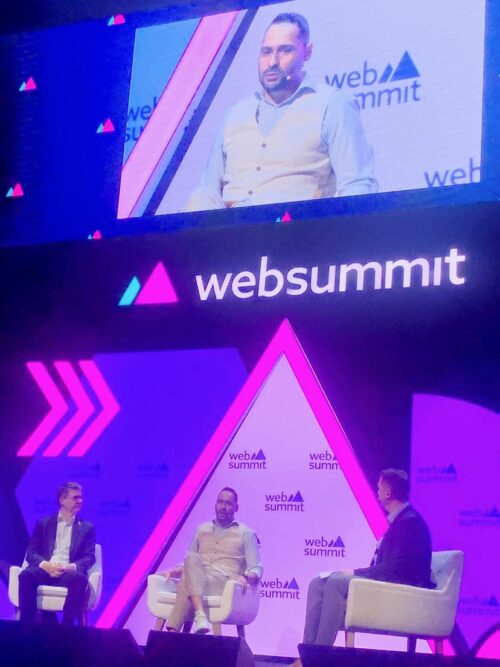
While visiting the Web Summit, Pedro Lopes, Secretary of State for Digital Economy in the Cape Verde islands, participated in two panels as a speaker, “Global Perspectives on Regulation” and “Leaving no one behind: Exploring nationwide digital transformation strategies”.
We were present at this conversation on “Future Societies” and learned more about the importance of all-encompassing digital strategies. For this stimulating panel, Pedro Lopes was accompanied by Robert Opp, Chief Digital Officer at the UNDP (The United Nations Development Programme, set on eradication of poverty and inequality).
The importance of leaving no one behind in the digital world was brought to the forefront, with various inclusion strategies being discussed, and Cape Verde highlighted as an example of what should be done when it comes to sustainable technological development.
As stated by Robert Opp, one third of the world population is not yet connected to the digital world, women tend to be less connected than men and such divides lead to poverty and technological exclusion. This is where digitalization comes into play, as a tool to find digital strengths and proprieties.
“It needs to be about how technology serves people and not the other way around”
Robert Opp
During this panel, Pedro Lopes made a strong argument for the Cape Verde islands, defending how the archipelago is reshaping its history by retracing the slave trade route for the benefit of its people. Once a marketplace for slavery, with a beneficial and strategic position as the closest African country to the USA and Brazil, the Cape Verde islands now aim to tell their own history.
“We are a small country in the middle of the ocean, dreaming with the idea of being a digital hub”
Pedro Lopes
From promoting start-ups, to enticing ‘digital warriors’ in Cabo Verde, The Secretary of State for Digital Economy brought many important topics to this conversation. The archipelago is taking a proactive approach when it comes to teaching young children robotics and the principles of coding, so they can “become actors and not spectators of this transformation.”
Cape Verde’s Tech Park, set in the capital city of Praia, with its project for Cape Verde as a Regional ICT HUB, was mentioned, with an open invitation for both visitors and digital nomads.
Footnote *: Ecosystems, in this context, are tied to the notion of political ecology.
